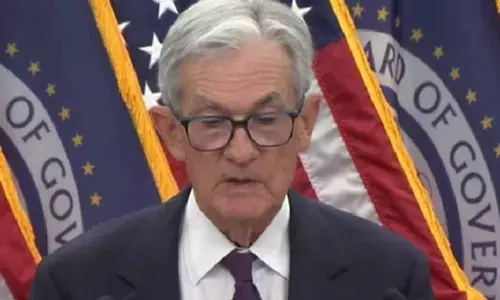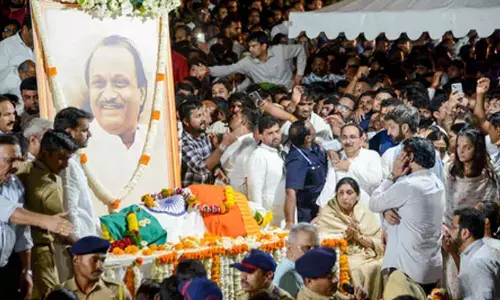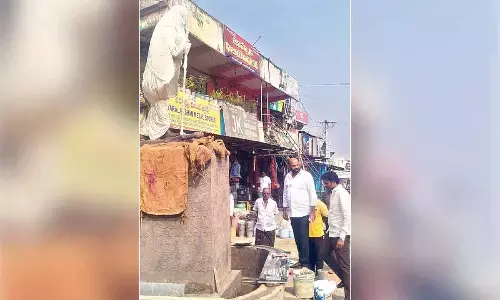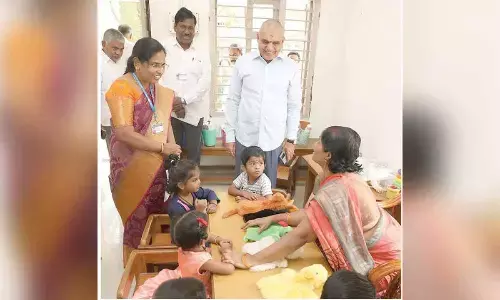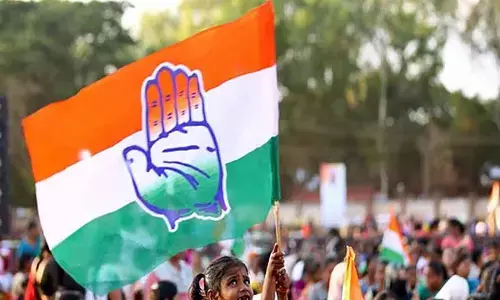‘Hunger Catastrophe’ in Gaza
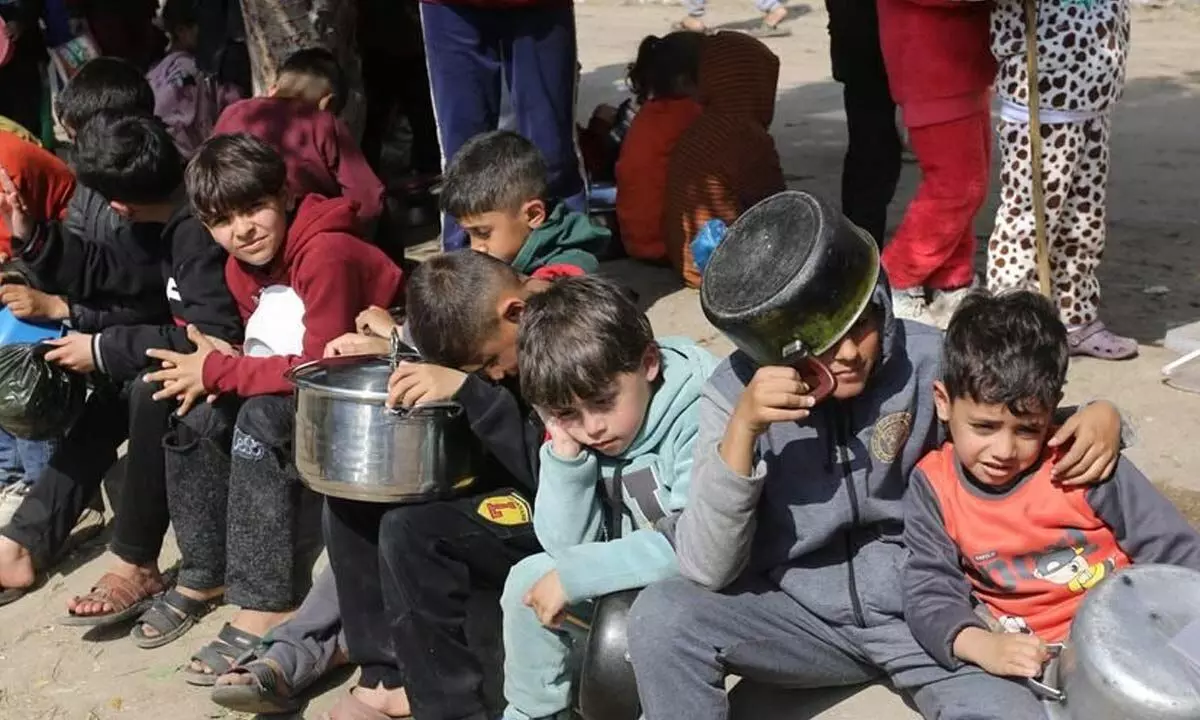
Rescuing hundreds of thousands of people in Gaza who are facing starvation should be “very simple,” said a humanitarian leader in the enclave on Tuesday after the United Nations released the latest findings regarding Palestinians suffering from extreme hunger—but Israel’s continued blockade on aid and bombardment of cities across the occupied territory has made the task impossible.
Rescuing hundreds of thousands of people in Gaza who are facing starvation should be “very simple,” said a humanitarian leader in the enclave on Tuesday after the United Nations released the latest findings regarding Palestinians suffering from extreme hunger—but Israel’s continued blockade on aid and bombardment of cities across the occupied territory has made the task impossible.
“We know how to prevent malnutrition, we know how to treat malnutrition, but we aren’t being given the opportunity to do it,” said Rachael Cummings, Gaza team lead and health specialist for Save the Children. “Severe and significant aid restrictions and heavy fighting means we can’t run clinics like we normally would, and have done in countless other emergencies before, to save lives.”
Cummings’ comments came as the Integrated Food Security Phase Classification (IPC), the U.N. hunger monitoring body, released its latest Acute Food Insecurity Special Snapshot on Gaza more than eight months into Israel’s assault on the enclave, which has killed at least 37,718 people and wounded at least 86,377.
The IPC report found that more than 495,000 people in Gaza, where children make up nearly half of the population, are suffering from an extreme lack of food, and 96% of the population faces acute food shortages. The Ministry of Health in Gaza has reported that at least 34 people, mostly children, have died of severe malnutrition.
One in five households have been regularly going whole days without food, even though aid deliveries have increased in recent weeks. Aid groups and Palestinians have warned that air drops of humanitarian aid are not sufficient to avert the starvation crisis that has been spiraling out of control since October 2023, when Israel’s military began its attacks, claiming it was targeting Hamas even as it repeatedly bombed civilian infrastructure.
The IPC analysis garnered headlines from some outlets that highlighted the fact that the hunger monitor did not declare a famine has taken hold in Gaza, but Save the Children noted that a full assessment “was being blocked by ‘conflict and humanitarian access constraints.’”
“While people in the north of Gaza have been temporarily brought back from the brink of famine, which had been predicted by the IPC for May, this is only because limited aid was allowed to reach those most in need,” said Save the Children. The IPC was able to determine that roughly 745,000 children and adults face acute malnutrition and an increasing risk of death from starvation, which the monitoring system classifies as “emergency conditions of food insecurity.” “A high risk of famine persists across the whole of the Gaza Strip as long as conflict continues and humanitarian access is restricted,” the IPC concluded. “Only the cessation of hostilities in conjunction with sustained humanitarian access to the entire Gaza Strip can reduce the risk of a famine occurring in the Gaza Strip.”
The report showed, said Save the Children, that “all children in Gaza are at risk of famine” due to Israel’s monthslong blocking of humanitarian aid with the support of the United States and other Western countries.
Save the Children, which has been providing medical and mental health services, direct cash assistance, and supplies to families, reported “about 40 cases of children with severe and life-threatening malnutrition at one of its clinics in just five weeks, with children and adults presenting with symptoms including extremely low weight, fatigue, low blood pressure, and other illnesses associated with hunger.”
As constant fighting and long delays of aid deliveries persist, said Cummings, humanitarian workers are also being prevented from providing support for families.
“To prevent children dying from starvation and malnutrition, you need to be able to reach them, screen them, and treat them,” she said. “We need access to communities. We need to be providing supplementary feeding for children and pregnant and lactating women to prevent children becoming malnourished in the first place. And families need to have their fundamental rights to clean water, sanitation, and healthcare services fulfilled to prevent more children from getting even more sick.”
Human Rights Watch co-founder Aryeh Neier in May said that Israel’s blocking of humanitarian aid in Gaza ultimately led him to conclude that the Israeli government is committing genocide in the enclave. In January, the International Court of Justice issued an interim ruling saying that Palestinians’ right to be protected from genocide were “at a real risk of irreparable damage.”
(https://www.commondreams.org/)










